Funding for India’s waste-to-energy sector
By Per RegnarssonObtaining a Power Purchase Agreement (“PPA”) with a highly rated, financially strong electric utility is one of the key success factors for the financing of a growing pipeline of waste-to-energy (“WTE”) plants across India.
Developers of waste-to-energy plants in India will find this consideration particularly relevant due to the specific design of renewable energy incentives in which electricity off-takers play a prominent role.
At the state level, renewable energy producers can choose to 1) receive a preferential tariff or 2) sell the electricity at a market price and receive additional revenue through the sale of Renewable Electricity Certificates. In both cases, the nodal agency with whom a producer signs a PPA is a state electricity board (“SEB”), owned by the state government.
The creditworthiness of most SEBs has been weakened by several political and structural factors, which has led to SEBs incurring losses on the electricity purchases. For instance, the Kerala State Electricity Board projects that the average cost of supply in 2013 will be Rs. 5.92 per kWh, while the average revenue realisation will be only Rs. 4.42 per kWh1.
The resulting negative gross margins of this and many other SEBs present an increased customer credit risk to renewable energy producers and independent developers that would normally seek long-term PPAs with SEBs to strengthen the bankability of WTE and other renewable energy plants.
While the financial difficulties of SEBs are widely known, positive actions of the federal government to resolve these challenges have received far less attention.
In September 2012, the government approved a debt restructuring package for Rs. 1.9 lakh crore (USD38 billion) of debt held by SEBs, which provides for 50% of SEBs’ short-term debt liabilities to be taken over by state governments, with a three-year moratorium on principal payments for the remaining 50% of the debt2.
These steps to stabilise the financial health of SEBs will yield positive results only if SEBs are able to avoid negative gross margins in the future. Raising electricity tariffs is an important part of putting SEBs on a more sustainable financial path.
While raising electricity tariffs is unlikely to be a popular political measure in a country with twenty-nine per cent of the population living below the national poverty line3, solvent electricity boards, coupled with protection for the most vulnerable electricity consumers, are a preferred path that some regulators now explore.
For example, in the summer of 2012, the Kerala State Electricity Board announced a tariff increase while continuing to work with developers of WTE projects. As electricity produced from WTE does not depend on fluctuating fossil fuel prices, it eliminates the pricing risk that has long plagued conventional thermal generators due to inefficient domestic production of coal and reliance on expensive coal imports.
As a consequence, contracting more WTE capacity will allow SEBs to make their electricity supplies cheaper in the long run. And while SEBs are restructuring their debts, WTE developers can deploy strategies to mitigate counter-party credit risk, including revenue diversification such as the sale of recyclables, vitrified slag, Renewable Energy Certificates and waste tipping fees.
In the view of Clean World Capital, the process that will put SEBs on a more sustainable footing has begun. It plays a great role in improving funding terms for developers of WTE projects, and a rapidly growing stakeholder interest in this sector is evidence of this process.
____________________
[1] Power Tariffs Set to Shoot Up Further, The Hindu, Jan. 4 2013 https://www.thehindu.com/news/national/kerala/power-tariffs-set-to-shoot-up-further/article4269712.ece.
[2] Power tariffs set to go up as debt recast for SEBs cleared, The Hindu 24 Sept, 2012 https://www.thehindu.com/news/national/power-tariffs-set-to-go-up-as-debt-recast-for-sebs-cleared/article3932675.ece
[3] World Bank, 2013 https://data.worldbank.org/country/india


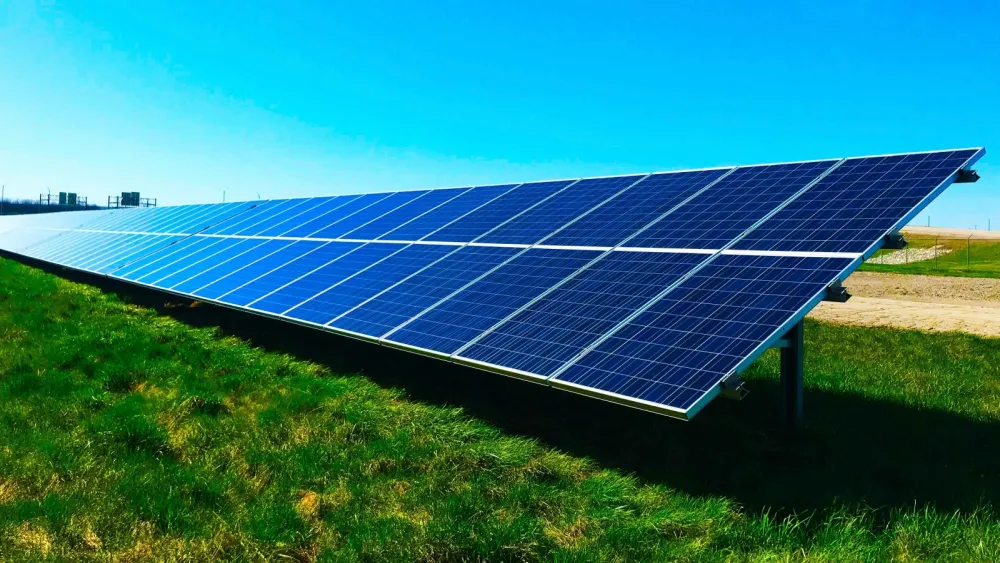
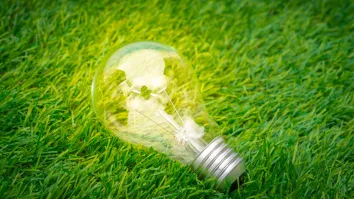
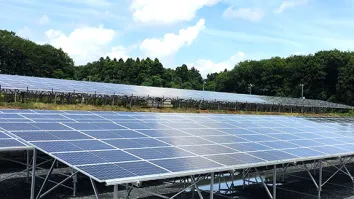
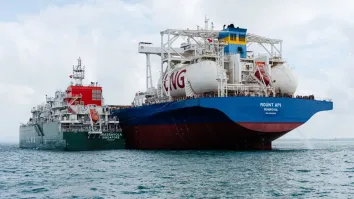
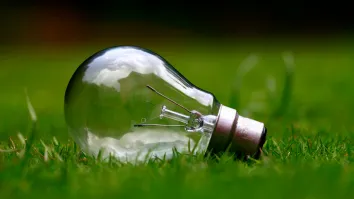













 Advertise
Advertise







